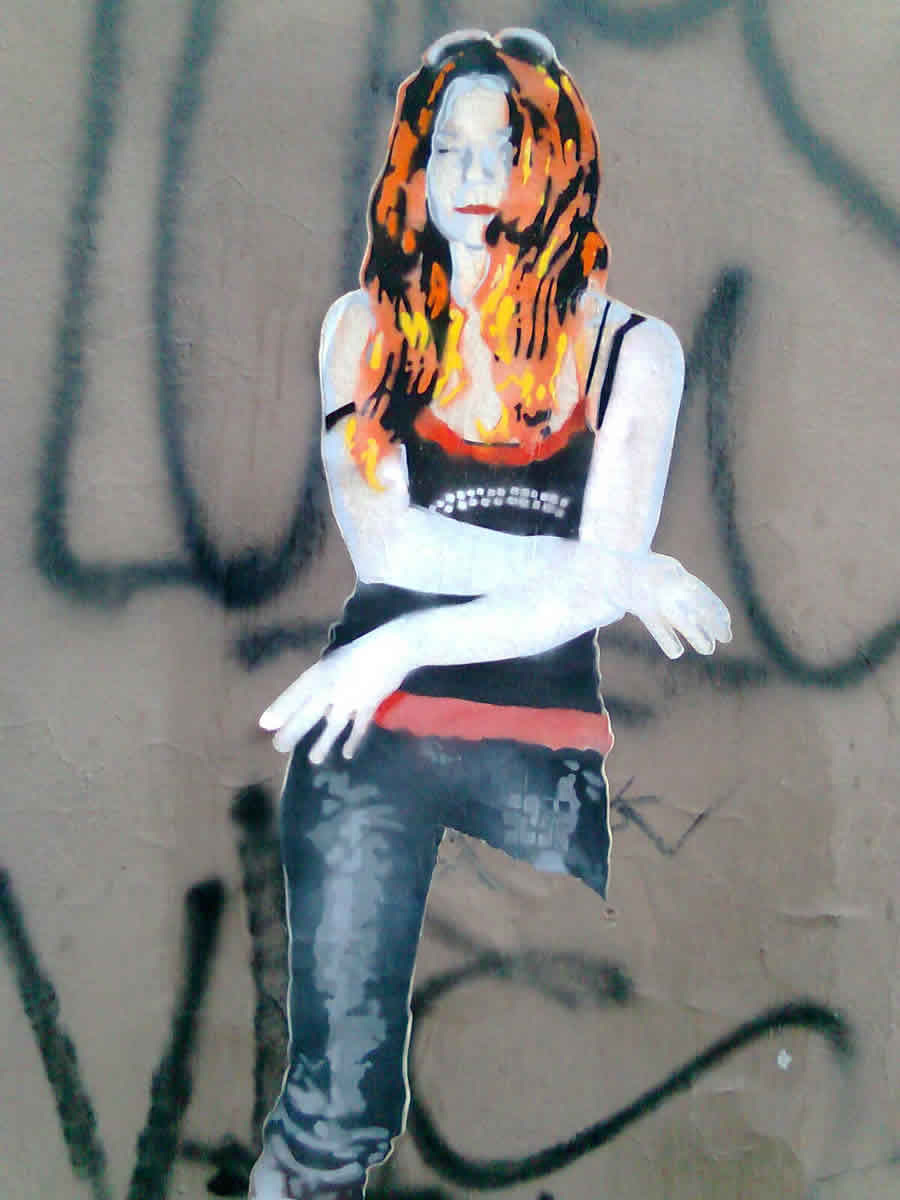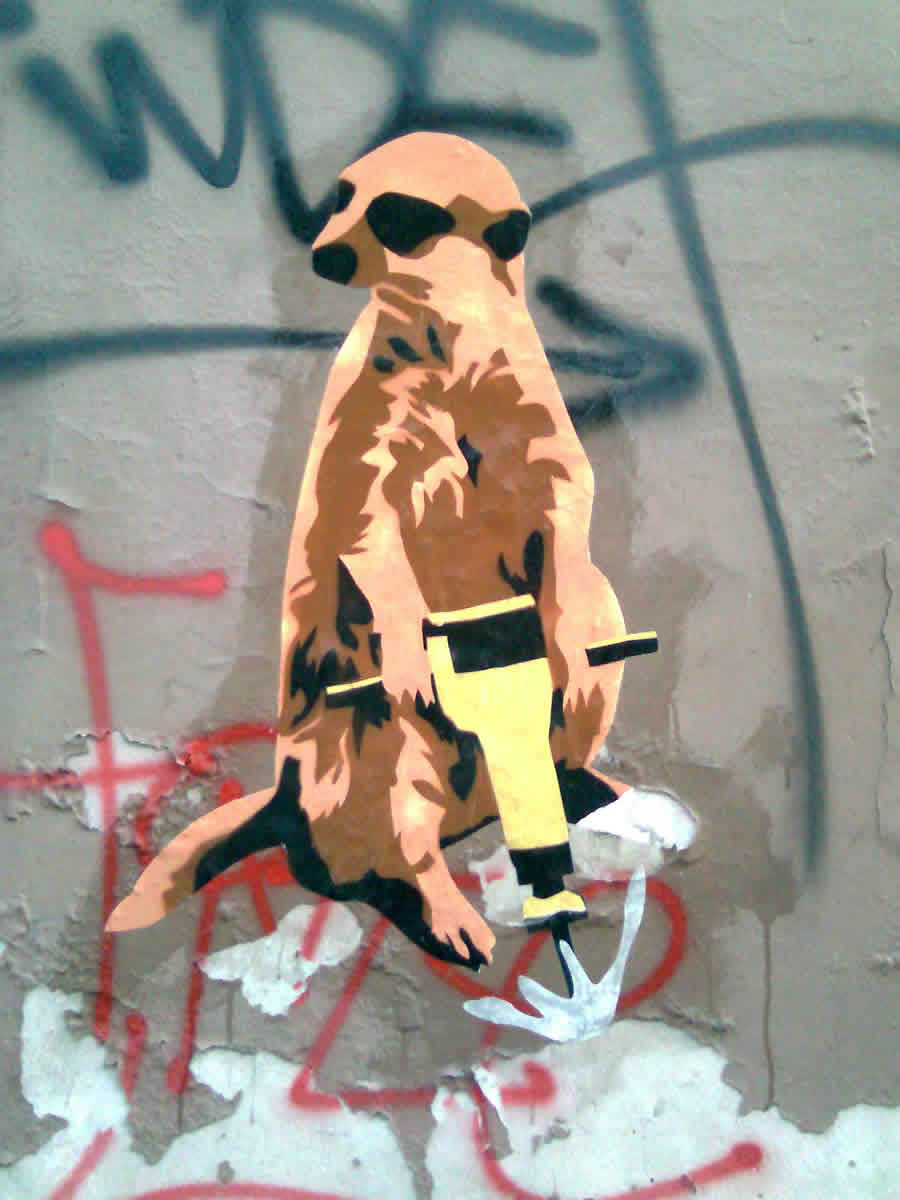Landlords, I will be most reliable when it comes to paying rent. I promise to pay rentals on or before the 26th of every month. I am looking for a one/two bed flat in the avenues and would want to pay $250-$300. So please just text me I will call you back if you have one. I will be very reliable and smart and will make sure your flat is kept nicely. Also note that my family is too small it’s just me and my beautiful, smart wife.
Dips please help me, Eddie.
No joke, the above is an advert that appeared on Dipleague Vol 27, Issue 123 of yesterday. For those who are not on it or do not know it, it is an email based community platform, originally tailored for those in the ‘Diplomatic’ and NGO community to post adverts for goods and services offered or requested, among other things.
When I saw the advert above, I couldn’t control my laughter for at least 2 minutes. That’s because I have been at that level of desperation where you’ll say anything, including the ridiculous – to make your case stand out among the throngs of other desperate home seekers mushrooming in Zimbabwe’s capital. After moving into a beautiful flat in April this year, I was gutted when a few weeks later I discovered that the ceiling has cracks that frequently leak water onto my floor and property from the flat above. It is such a nightmare because both my neighbor upstairs and absentee landlord does not seem to give a rat’s ass about it.
I found Eddie’s email particularly fascinating because it symbolizes the desperation of the condition of those of us who are home seeking, are of no fixed abode and not yet at a stage of affording one’s own property. Trying to capture the sympathy of prospective landlords is the one thing we all have in common and many a times, I have come across things like: young married couple with no children, looking for accommodation…or, mature white lady seeks flat to rent in town or Avondale, or young single man working for NGO seeking flat.
It is that bad, and what it means is that this has astronomically pushed up rentals, which is likely to worsen the urban accommodation crisis. What also contributes significantly to the problem is that today’s young working class prefer to live in areas closer to the central business district for the convenience they offer in terms of transport and availability of utilities like water and electricity.
Although the dollarized economy has created a new caliber of noveau riche, this is also ironically a time when the young middle and working class earn the greenback but cannot build homes for themselves because just getting a stand (and in the right area) is next to impossible; the banks simply aren’t up to lending (especially without collateral outside one’s salary) or it is just too expensive to build. The only other option is to rent and this has ultimately left tenants at the mercy of landlords.
Those who have been fortunate enough to own property at a very young age I guess will just never know what it feels like to live a nomadic life.
Being among this working class, I have constantly found myself thinking about the future and wondering if, like my parents, I will ever own a place of my own. Seeking to understand what is different now from the time they were young and home seeking too reveals that if anything, they earned far less than what we earn today. I realize now that it was about systems that worked; banks that lent, with low interest rates and gave you many years to pay back and most importantly – a government preoccupied with and committed to alleviating the housing problems faced by its citizens. That is what changed.











